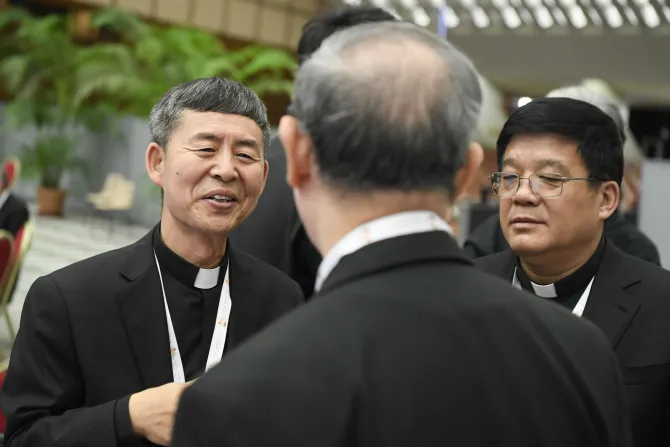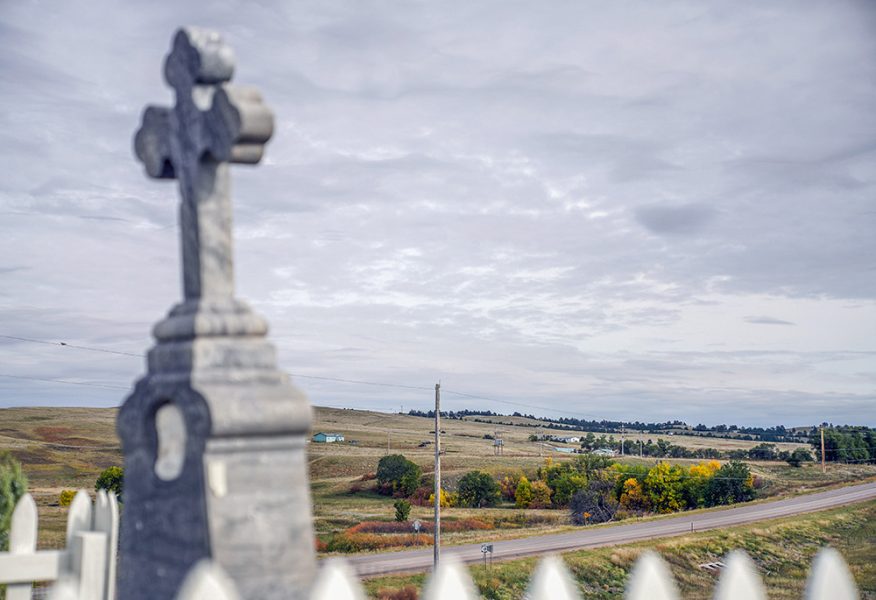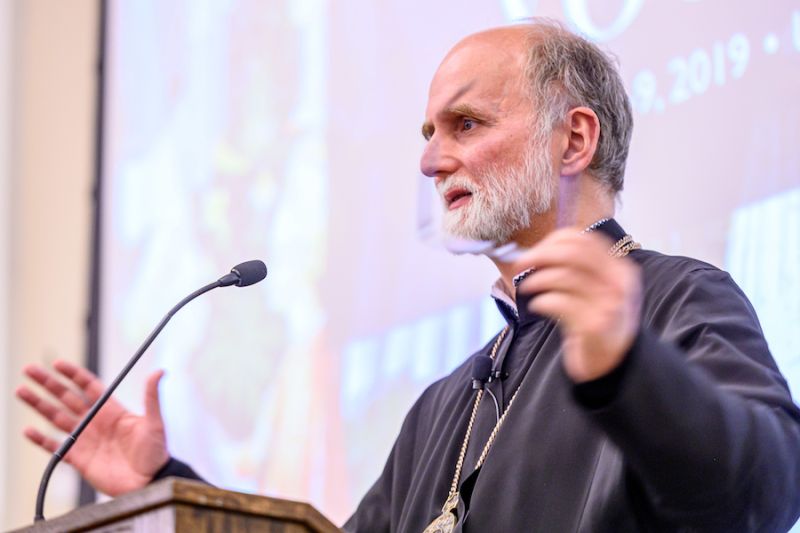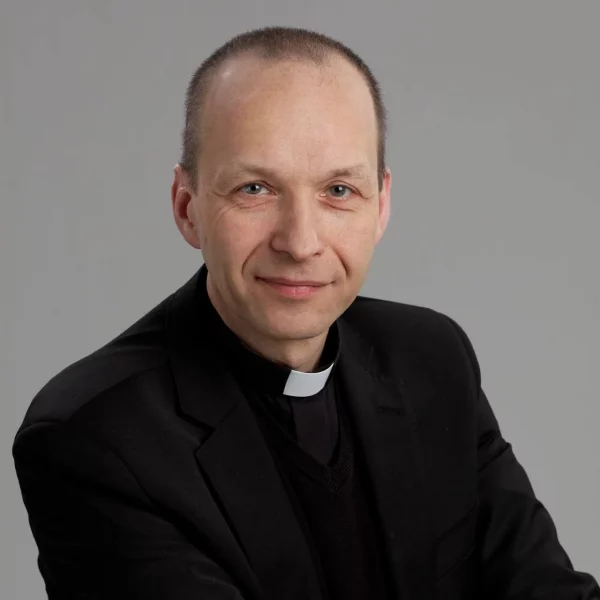(CNA. Hannah Brockhaus).
Pope Francis has named Bishop Joseph Yang Yongqiang to lead the Archdiocese of Hangzhou in China, transferring him from the Diocese of Zhoucun, the Vatican announced Saturday. The June 12 nomination took place “within the framework of dialogue concerning the implementation of the Provisional Agreement between the Holy See and the People’s Republic of China,” the Vatican’s June 22 press release said. The new archbishop was one of two bishops from mainland China to participate in the October 2023 session of the Synod on Synodality in Rome. He has led the Zhoucun Diocese in Shandong Province since 2013.





